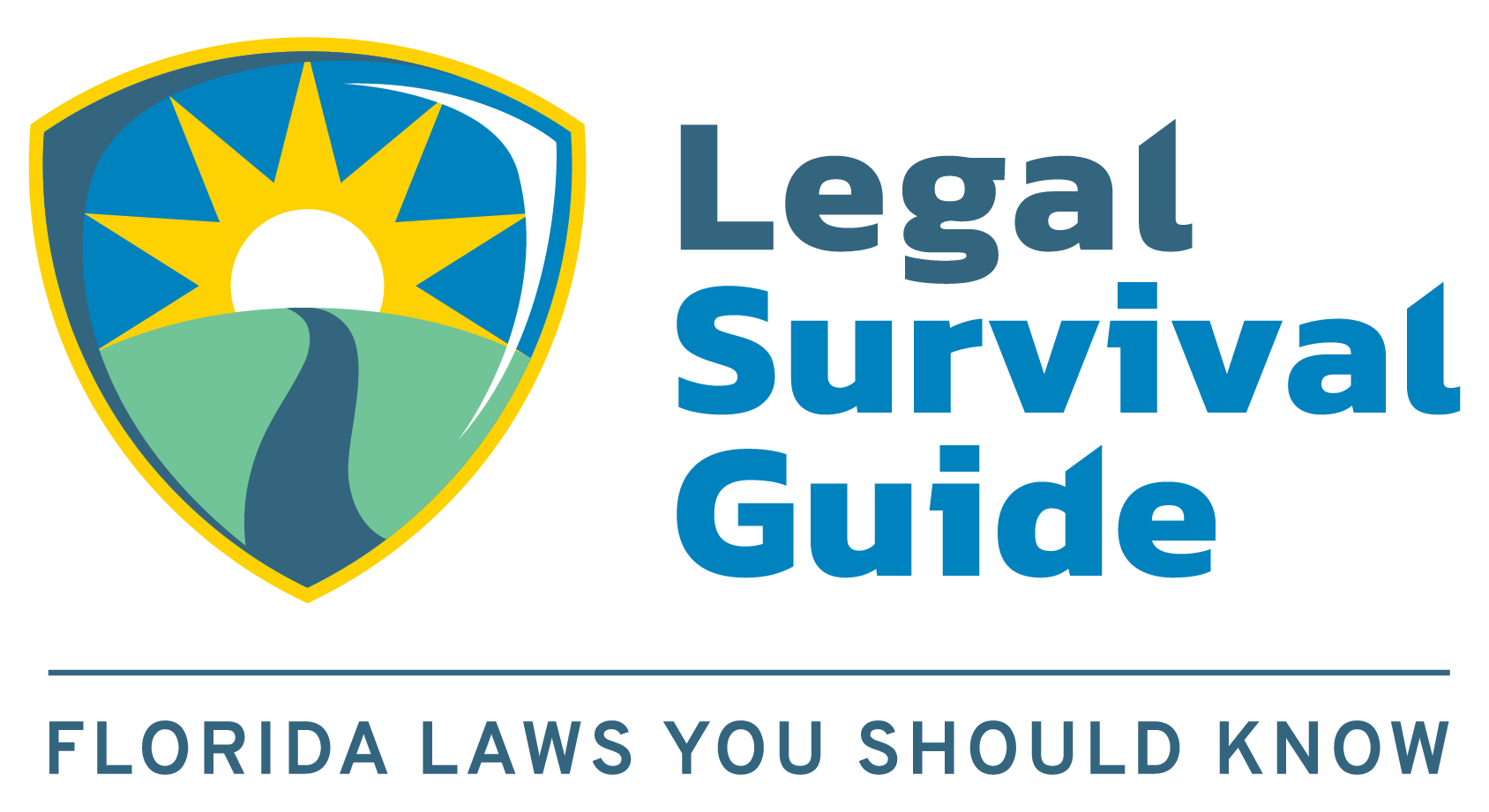Florida DUI laws and Florida driving laws changed in 2025 — and the penalties are tougher than ever.
Laws aren’t set in stone, and the Florida Legislature can make changes each year. Staying informed is the best way to protect yourself from costly mistakes. This article explains two recent changes to Florida DUI laws and Florida driving laws that you should know before getting behind the wheel.
Florida DUI Laws: First Refusal is Now a Crime (2025 update)
You already should know that driving under the influence (DUI) of alcohol or drugs is a crime in Florida. But there is a big change this year: refusing a test for the first time is also now a crime. Florida has an “implied consent” law. This means that by accepting the privilege to drive in Florida, you have agreed to take a test- like a breath, urine, or blood test- if a law enforcement officer has probable cause to think you are DUI.
Before 2025:
- A first refusal only meant a 1-year driver’s license suspension.
- A criminal charge applied only to a second (or more) refusal.
Starting October 1, 2025:
- A first refusal to submit to a breath or urine test is now a second-degree misdemeanor, punishable by up to 60 days in jail and a $500 fine.
- Second (or more) refusals still mean an 18-month suspension and a first-degree misdemeanor charge, up to 1 year in jail and a $1,000 fine.
Example:
You’re pulled over late at night, and the officer arrests you for DUI. They ask you to take a breath test. If you say “no,” you’re not just losing your license anymore — you’re now facing another criminal charge, even if this is your first refusal.
Florida Driving Laws: New Dangerous Excessive Speeding Law
The Florida Legislature also made changes to driving by enacting the “Dangerous Excessive Speeding” law. As of July 1, 2025, certain speeds are now considered criminal offenses in Florida. With this new law, it is now a crime if you drive 50 mph or more over the speed limit. It is also now a crime if you drive at speeds over 100 mph and drive in a manner that “…threatens the safety of other persons or property or interferes with the operation of any vehicle.”
Penalties under the “Dangerous Excessive Speeding” law:
- First offense: Up to 30 days in jail and a $500 fine.
- Second offense: Up to 90 days in jail and a $1,000 fine.
- Second offense within 5 years: In addition to the possible jail and fine for a second offense, a mandatory license revocation for 6 months to 1 year.
Example:
You are cruising down a highway late at night in a 45-mph speed limit zone. Because there are no other cars around, you decide to “open it up” to see how fast your car can go. If you hit 95 mph or above (50 mph or more above the speed limit), you could now be facing jail time — not just a speeding ticket.
Conclusion
Driving is a privilege, and Florida’s new DUI and driving laws raise the stakes for certain behavior on the road. Whether you’re a new driver or have years of experience, knowing the law is the best way to stay safe, protect your record, and avoid costly penalties. To stay informed about Florida DUI laws, Florida driving laws, and other laws you should know, check out the rest of the Legal Survival Guide.
Michael Hopkins is a criminal defense attorney and former state prosecutor in Naples, Florida.

